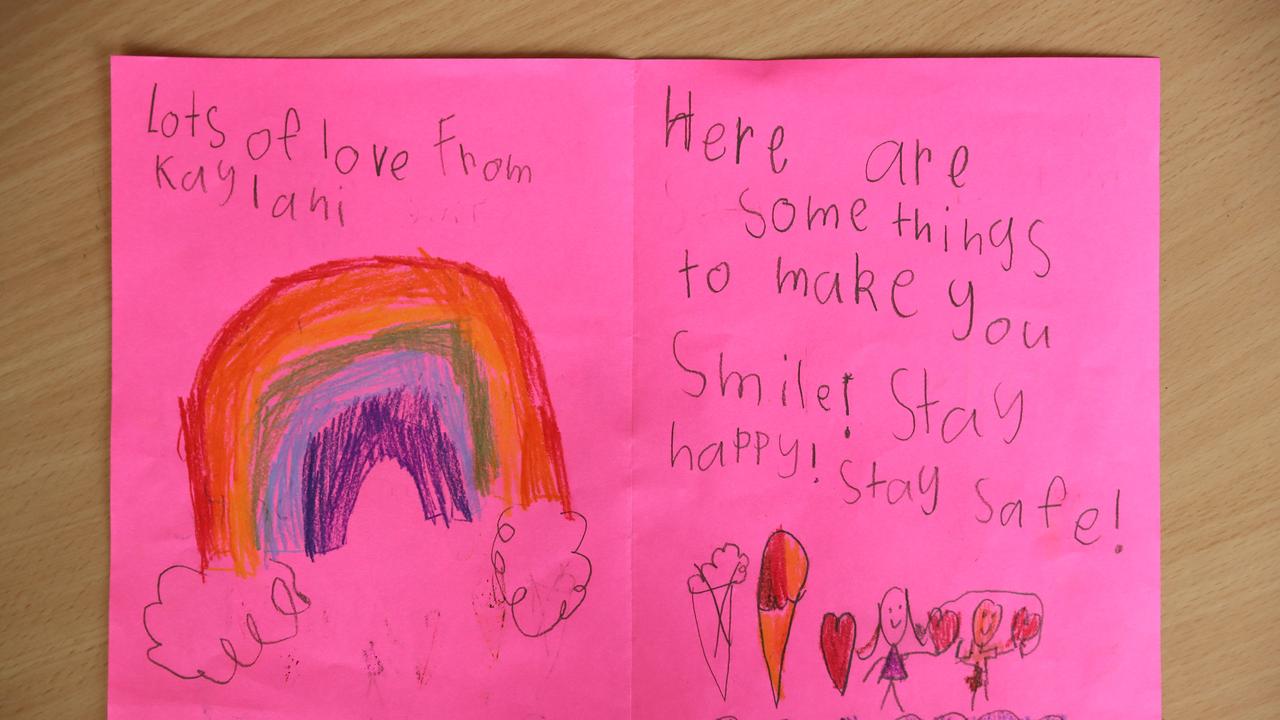20 old-fashioned words that should be brought back into modern language
HEARD of a snollyguster, a pannychis or a librocubularist? We didn't think so. But these 20 'forgotten' words certainly pack a punch.

HEARD of a snollygoster, a pannychis or a librocubularist? We didn't think so.
So where have these words, which were once so widely spoken, disappeared to? What on earth is happening to our modern vernacular?
Many people now justify the use of words such as 'like' and 'totally' to describe things. Eg. "I, like, totally thought it was a, like, really cool artwork."
If you think it's time to change this travesty, here's the solution.
Lifehack.org has put together a list of 20 'forgotten' words which should be brought back, and we agree. Try flinging a couple of these into your everyday conversations and see how people respond to your awe-inspiring intelligence.
1. Bunbury
noun
An imaginary person whose name is used as an excuse to some purpose, especially to visit a place.
Use: "Jack the magic giant was my bunbury whenever things got difficult at home."
2. Scurrilous
adjective
Something said or done unfairly to give people a bad opinion of someone.
Use: "Marjorie had been spreading scurrilous gossip about Amanda in the office."
3. Gallimaufry
noun
A hodge-podge, or jumbled medley (can also refer to an edible dish).
Use: "The amateur musical was a gallimaufry of tuneless harmonies, costume malfunctions and awkward scene changes, but to the childrens' parents, it was like Broadway."
4. Thrice
adverb
Three times.
Use: "She went, not twice but thrice to check whether he was awake yet."
5. Blithering
adjective
Talking utterly and completely foolishly, OR used to describe a foolish person.
Use: "Nervous during her interview, the girl was blithering on about her experience with poodle grooming."
6. Pluviophile
noun
A person who takes great joy and comfort in rainy days.
Use: "Penelope was a classic pluviophile; curling up with a blanket, herbal tea and a good book whenever it poured rain outside, delighting in the cosiness."
7. Librocubularist
noun
One who reads in bed.
Use: "George was a devoted librocubularist. He always felt that books were best read in the comfort of his bed, by torchlight if possible."
8. Febricula
noun
A slight and transient fever.
Use: "The young boy had a febricula and was sent home from school with his mother."
9. Starrify
verb
To decorate with stars.
Use: "The wedding planner will starrify the venue in preparation for the wedding reception."
10. Sophronise
verb
To imbue with sound moral principles or self-control.
Use: "Is it the job of parents or teachers to sophronise children these days?"
11. Mullock
noun
Rubbish, nonsense, or waste matter.
Use: "What is this mullock you're blithering on about?" (See what we did there?)
12. Uglyography
noun
Poor handwriting, and bad spelling.
Use: "Uglyography must be a course in medical degrees. Why else would doctors have such bad handwriting?"
13. Namelings
plural noun
Those bearing the same name.
Use: "Not only were the three girls best friends, they were all named Cath. People often got the namelings mixed up."
14. Ultracrepidarianism
noun
The habit of giving opinions and advice on matters outside of one's knowledge.
Use: "Ultracrepidarianism is rife among those who have never had children, yet still try to give parental advice."
15. Pannychis
noun
An all-night feast or ceremony.
Use: "The seven-day wedding festival ended with a rowdy pannychis."
16. Guttle
verb
To gobble greedily; to cram food into one's gut.
Use: "The school boys ran out of the lolly shop, guttling the candy before the owner could catch them."
17. Snollyguster
noun
A person, especially a politician, who is guided by personal advantage rather than by consistent, respectable principles.
Use: "The man running for mayor was a definite snollyguster; only seeking his own fame and fortune."
18. Welkin
noun
The upper sky; "vault" of heaven.
Use: "Icarus would have passed through the welkin on his legendary flight."
19. Barbigerous
adjective
Characterised by having a beard.
Use: "He was tall, solid and barbigerous, and wore clothing that was dusty and frayed."
20. Eventide
noun
The end of the day, just as evening approaches.
Use: "The most perfect part of a day is eventide, as the sun sinks sleepily below a heavy horizon."
###



